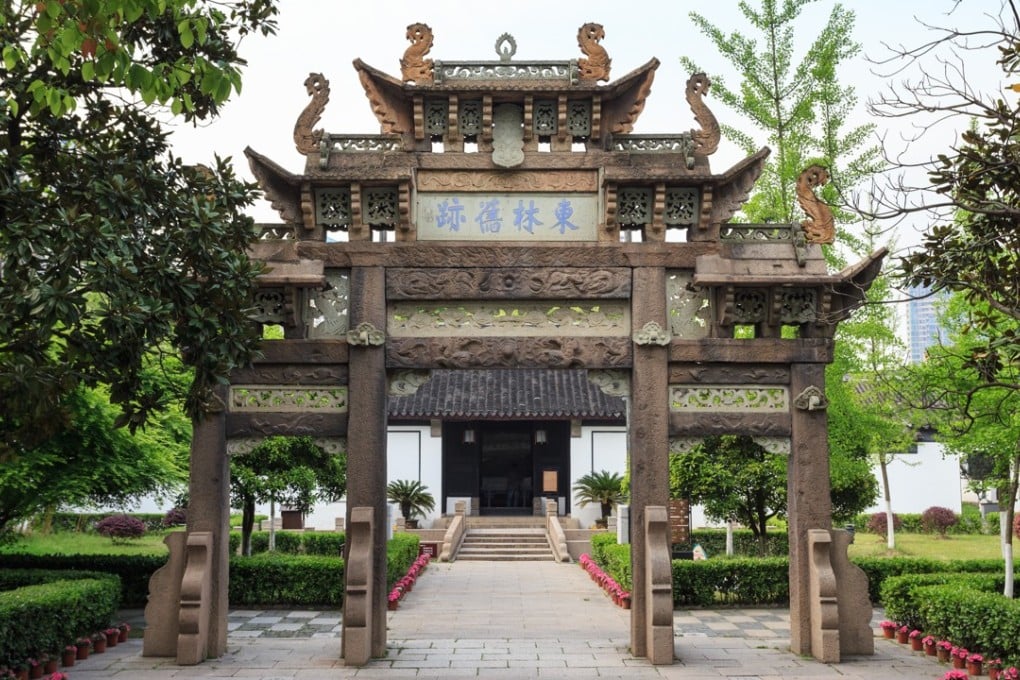Reflections | How the Ming dynasty’s powerful eunuchs killed an ideological Confucianist movement
The Donglin Academy started as a school in Wuxi and went on to become a movement that aimed to change society through education, until the school was forced to close in the 1620s

The secondary school I went to celebrated the 194th year of its founding this month. While I had some good times and made a couple of lifelong friends there, I don’t feel any strong attachment to my alma mater. Never much of a joiner, any appeal to what camaraderie I might have had at school is wasted on me.
One of the most important schools in pre-modern China was the Donglin Academy. Founded in 1111 by an official in Wuxi to allow his friend, the prominent neo-Confucian scholar Yang Shi, to teach and conduct research, it thrived for several decades before falling into neglect.
Some 400 years later, in 1594, during the late Ming dynasty, a group of literati-officials in Wuxi revived the academy. Instead of merely drilling students for the imperial examinations, the academy gave public lectures, which were attended by hundreds, with the stated objective of changing society through education.
The many students and supporters of the academy formed an influential and politically active network, the Donglin Faction, whose main antagonists were the venal eunuchs who then dominated the court. In 1626, the eunuchs moved swiftly to purge the faction and tore down the academy. Although it was rehabilitated several years later, the faction could never fully recover from the persecution.
Rebuilt and restored in the following centuries, the Donglin Academy is an important heritage site and is now a popular Wuxi tourist attraction.

